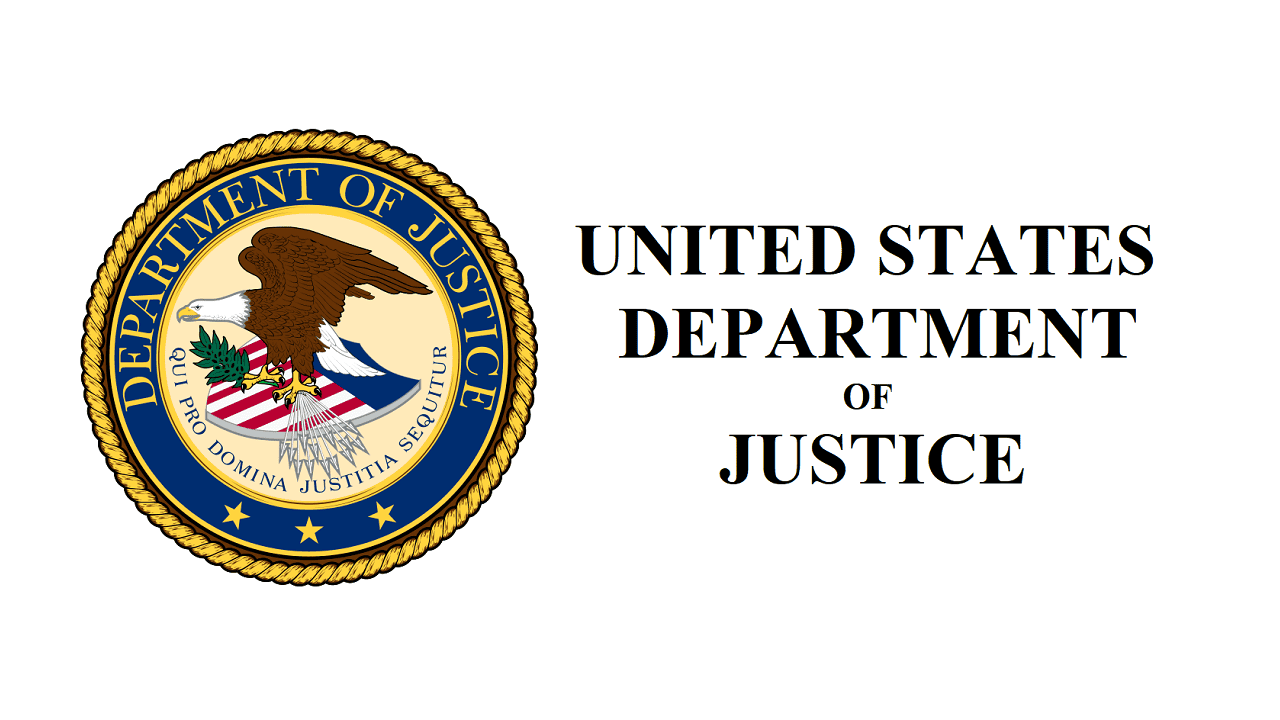The Missouri Supreme Court is deliberating a case that questions whether counties can impose additional sales taxes on cannabis sales in cities that already have their own taxes. This legal dispute arises under Amendment 3, which legalized recreational cannabis in Missouri in 2022.
The case, Robust Missouri Dispensary 3 LLC v. St. Louis County, centers around a dispensary in Florissant that filed a lawsuit against St. Louis County. Both the county and the city of Florissant approved a separate 3% sales tax on recreational cannabis purchases, leading to concerns about double taxation. Initially, the Missouri Department of Revenue indicated that stacking these taxes was not permissible in incorporated areas, but later acknowledged that the statute could be interpreted in multiple ways.
Robust Missouri Dispensary contends that Amendment 3 allows only one local tax per area, arguing that there should be clarity regarding which local government has taxing authority. Eric M. Walter, representing the dispensary, emphasized during oral arguments that the jurisdiction should be defined by the physical location of the dispensary rather than political boundaries. He stated, “If it’s in an incorporated area, then we know the local government is the city, town or village that controls that area.”
Conversely, county representatives argued that the state constitution allows counties to levy taxes on cannabis sales within their geographic boundaries. Laura Robb, representing St. Louis County, argued that it would be unreasonable for dispensaries to operate without being subjected to public health ordinances that apply to other local businesses.
Robb pointed out a section in Article 14 of the Missouri Constitution that allows the governing bodies of local governments to impose recreational cannabis sales taxes. She asserted that it is logical for tax revenues to support public health efforts, particularly since Florissant relies on St. Louis County’s health department for regulatory oversight.
The argument also highlighted the potential for confusion if both the city and county could impose differing taxes or regulations. Judge Kelly C. Broniec raised concerns about scenarios where one local government permits cannabis sales while another bans them, questioning how such conflicting regulations would be managed.
St. Charles County, which also imposed its own 3% tax on cannabis facilities in unincorporated areas, joined the case to support the argument that Amendment 3 permits additional county taxes. Bryan E. Wise, representing St. Charles County, emphasized that the language in Article 14 explicitly includes counties as local taxing authorities, regardless of whether the dispensary is located in an incorporated area.
The St. Louis County judge ruled in favor of the counties in April 2024, leading to the appeal and the current consideration by the Missouri Supreme Court. The outcome of this case could set a precedent for cannabis taxation in local jurisdictions across the state, impacting how revenues are allocated and which governmental bodies retain authority over cannabis regulation.
As the court deliberates, the cannabis industry in Missouri is watching closely, as the decision will affect both dispensary operations and local tax revenues. This case exemplifies the ongoing complexities of cannabis regulation in a rapidly evolving legal landscape.




